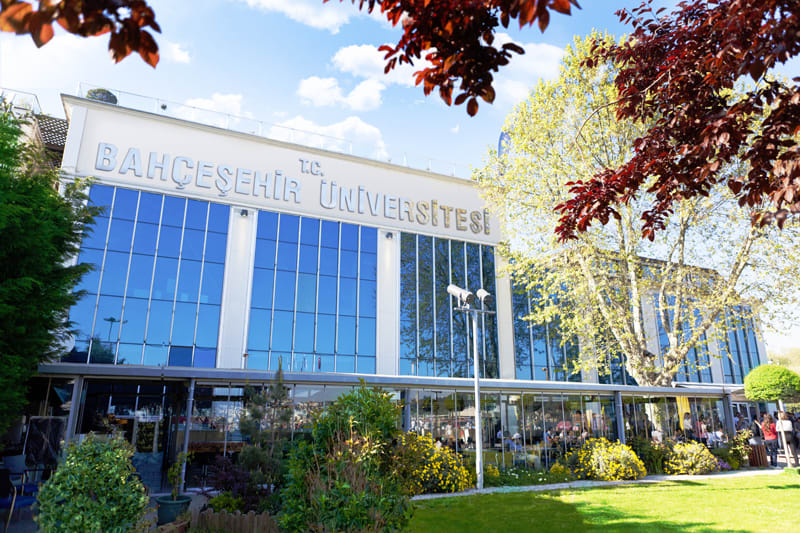
Bachelor in Logistic Management
Bahcesehir University
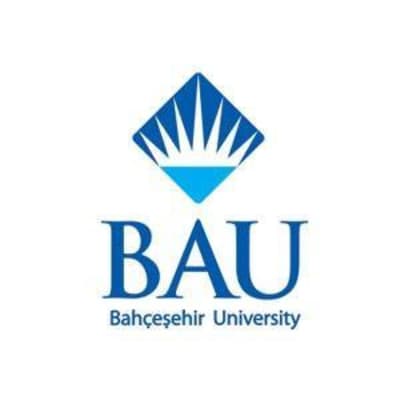
Key Information
Campus location
Istanbul, Turkey
Languages
English
Study format
On-Campus
Duration
8 semesters
Pace
Full time
Tuition fees
USD 7,900 / per year *
Application deadline
Request info
Earliest start date
Sep 2024
* Tuition fee for international students (4 years): $ 7,900 per year
Scholarships
Explore scholarship opportunities to help fund your studies
Introduction
Logistic Management
Today's businesses become more competitive due to rapid change and globalization. Competition in both local and international markets require an excellent distribution network as a must. By the rapid change in the development of information technologies, business processes are changed, as well as, customers accelerate their expectation. We start to notice more and more impatient customers in the market, and customers start to inquire different channels delivery. In order to survive in such a challenging environment, logistics and logistics management are becoming increasingly important. Logistics deal with procurement of raw materials, their delivery to the production environment, storage of raw material as well as finished goods, and distribution channels, which are also important activities within a supply chain. These changes increase the importance of logistics both in Turkey, as a bridge between east and west, and globally. Therefore, we do see strong Logistics programs in both national and international universities.
AIM OF THE PROGRAM
The purpose of the Logistics Management program is both to promote the importance of the logistics in Turkey, and help national and international companies by providing well-prepared professionals of human resources. As a bridge between the East and the West, Turkey becoming a hub for many logistics firms. Therefore, the program has both interdisciplinary and international content. The courses are designed to the needs of the sector, supported by the foreign language and computer labs, modern classrooms are performed. In addition, the curriculum of all transport modes (road, sea, rail, air and inland waterway transport). We expect our graduates to have both theoretical background and market experience, by means of the branded courses, ad Co-op opportunities in logistics.
CAREER OPPORTUNITIES
The graduates of BAU Logistics Management Department may find career opportunities at below foundations and institutions with the help of knowledge and practice they acquire during their education:
- Logistics, Purchasing, Supply, and Foreign Trade Departments of production, service and sales companies
- Logistics Service Providers (3PL or 4PL)
- Freight Forwarders
- Logistics Departments of Insurance, Finance, Audit and Foreign Trade Companies
- Logistics Departments of Universities and Research Institutes
- Related Departments of State Planning Organization, Ministry of Transportation, and other Government Organizations.
- Logistics Consultancy and Training Companies
- Logistics Applications Departments of Communications and Information Technology Companies.
- Customs Brokerage
- Maritime and Port Authorities
- Civil Society Organizations
- Logistics Centers
- Related Departments of Free Zones.
Course Structure Diagram with Credits
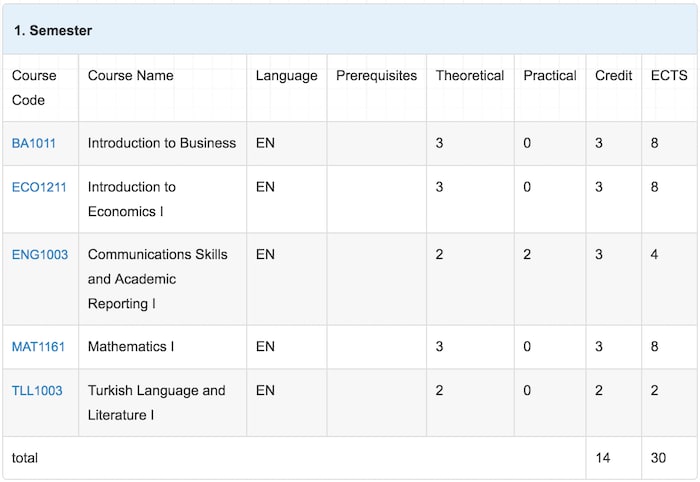
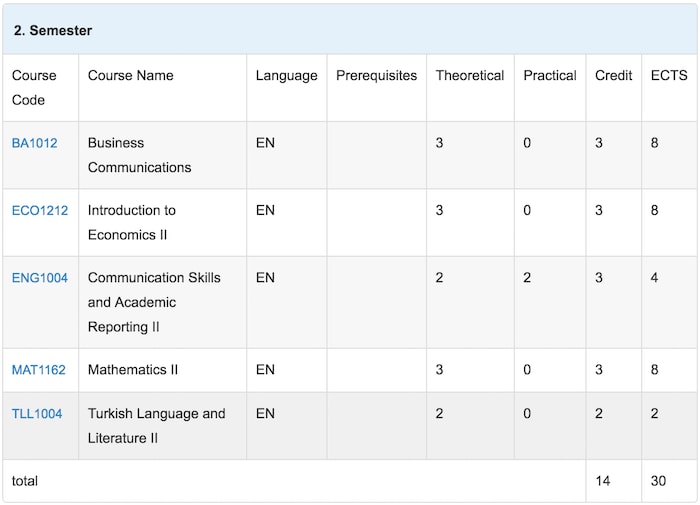
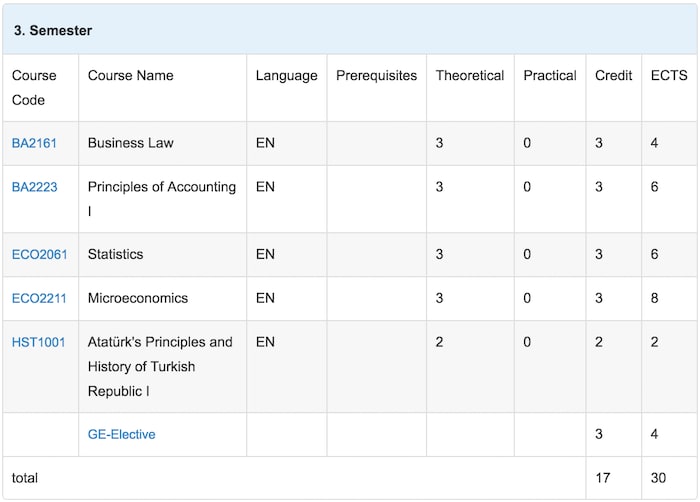
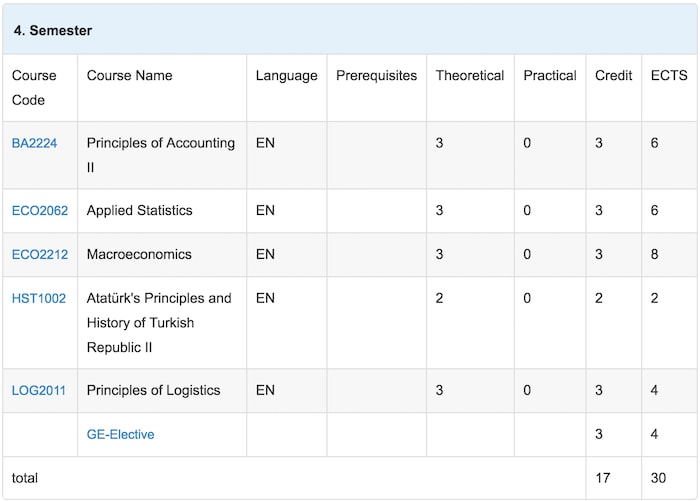
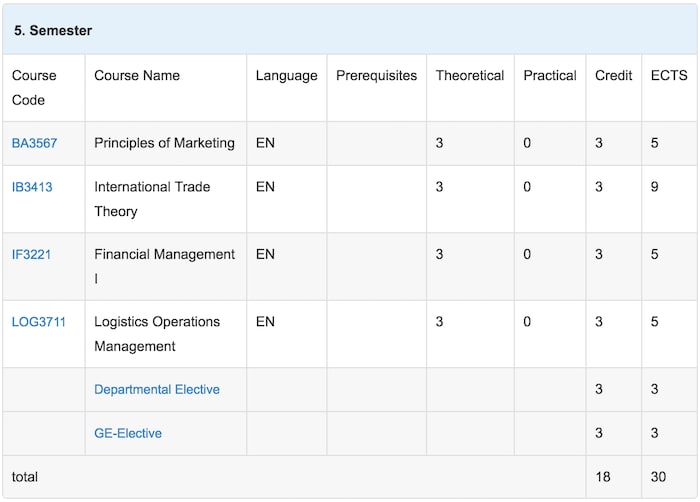
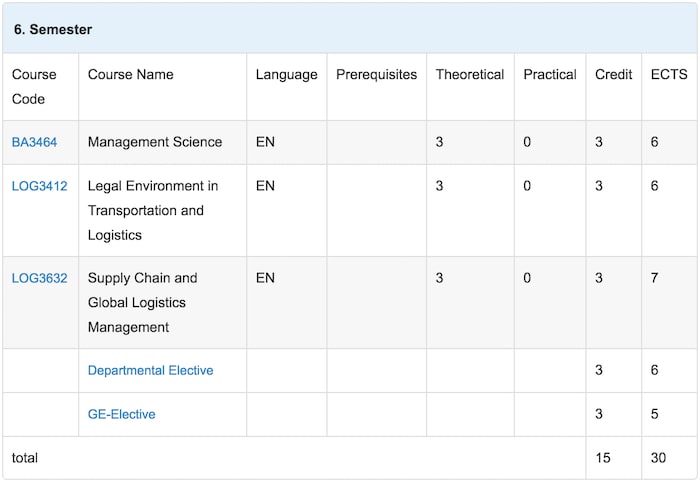
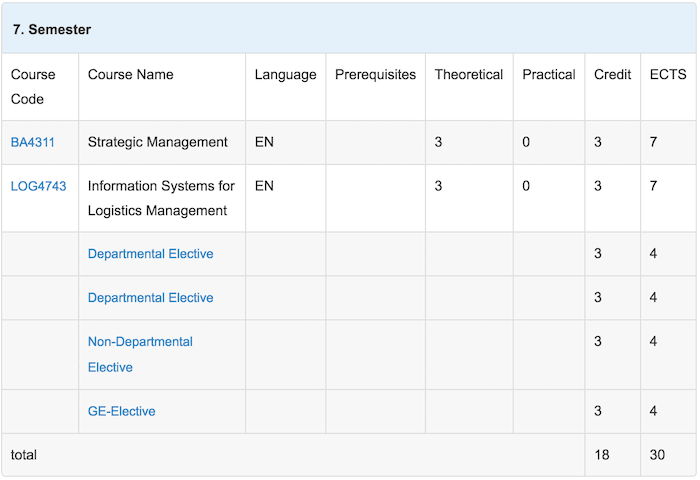
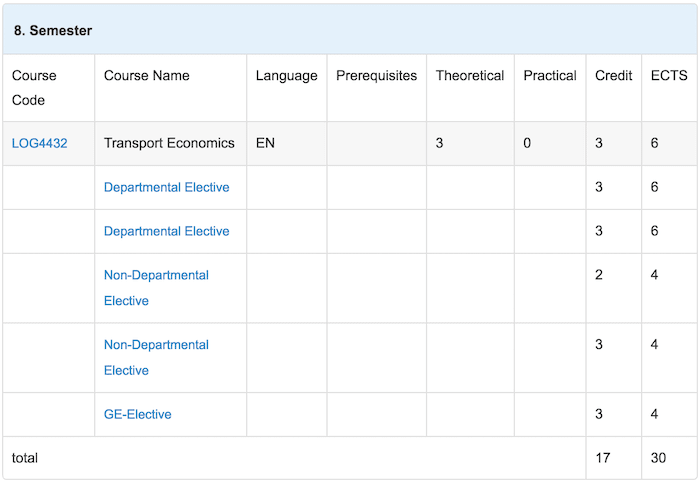
- TR marked courses are taught in Turkish.
- EN marked courses are taught in English.
- There TR-EN marked a section of courses in both English and Turkish.
